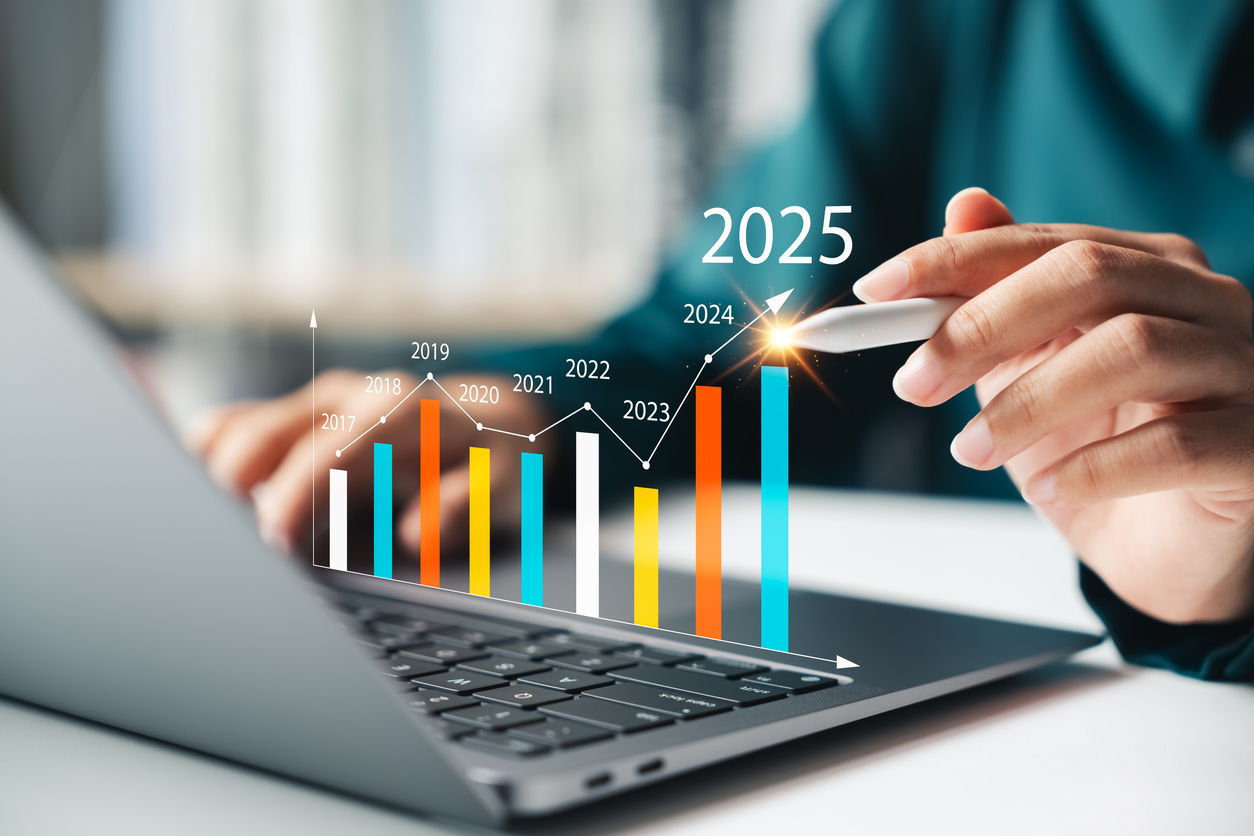Insights Article

With 2025 now underway, it’s the perfect time for organisations to refine their research plans for the year ahead. Rapid digital transformation has cemented data analytics as a cornerstone of modern research, with artificial intelligence, machine learning and agile methodologies playing crucial roles in translating large volumes of information into actionable insights. Yet traditional research methods still provide the depth and breadth needed for a truly holistic understanding of customers.
By harnessing both advanced analytics and tried-and-tested approaches, businesses can detect emerging trends sooner and respond in ways that genuinely resonate with consumers, helping them stay competitive.
But which consumer trends are likely to define the coming year, and how will they shape the research that organisations choose to undertake?
Authenticity and personalisation
One of the defining characteristics we expect to see this year is consumers’ continued desire for authenticity and personalisation. Audiences have grown more discerning, expecting genuine engagement tailored to their individual preferences. In response, businesses must look beyond one-size-fits-all research methods. By combining qualitative and quantitative approaches, they can capture the subtle distinctions in consumer motivations and behaviours, allowing them to provide a more personalised, or segmented, approach to their marketing communications.
Sustainability
Sustainability, meanwhile, continues to be a pressing concern. Consumers are more conscious than ever of the environmental impact of the products and services they use. Research that digs into the role of sustainability, whether that involves packaging, manufacturing processes, or carbon footprint reduction, can help organisations better understand how these factors influence purchase decisions. Integrating such metrics into research initiatives can ensure decisions are aligned with shifting consumer values.
Wellbeing
Wellbeing is increasingly shaping how both consumers and employees engage with brands. Shifts in lifestyle priorities, including a renewed focus on mental health and work-life balance, point to the need for businesses to examine how stress, personal resilience, and emotional factors influence decision-making. By embedding wellbeing metrics into studies, whether they target end-users or employees, organisations can develop products, services, and workplace practices that resonate on a more meaningful level.
How Clusters works with clients across the calendar year
At Clusters, we collaborate with clients throughout the year, ensuring their research needs are met swiftly and with expertise. By maintaining open communication and regular checkpoints, we help businesses refine their objectives, adapt to emerging trends, and implement effective methodologies that generate actionable insights.
Our partnership approach also enables us to respond quickly to shifting market conditions, tailoring projects to reflect real-time priorities and challenges. Ultimately, this integrated, year-round engagement model ensures our clients remain one step ahead in delivering meaningful, data-led outcomes that support strategic decision-making.
Positioning your organisation for success in 2025
As 2025 continues to unfold, striking the right balance between responding to short-term shifts and maintaining long-term vision will be critical. Research that anticipates change, rather than solely reacting to it, is the key to securing a lasting competitive edge. By embracing upcoming consumer trends such as personalisation, sustainability, and wellbeing, organisations can position themselves to navigate the year ahead with confidence.
Want to discuss your research agenda for 2025? Get in touch to arrange a free consultation with our team.
Want these kinds of results?
We’d love to talk with you about how our insights could help your business grow. Drop us an email at hello@clusters.uk.com or call us on +44 (0)20 7842 6830.